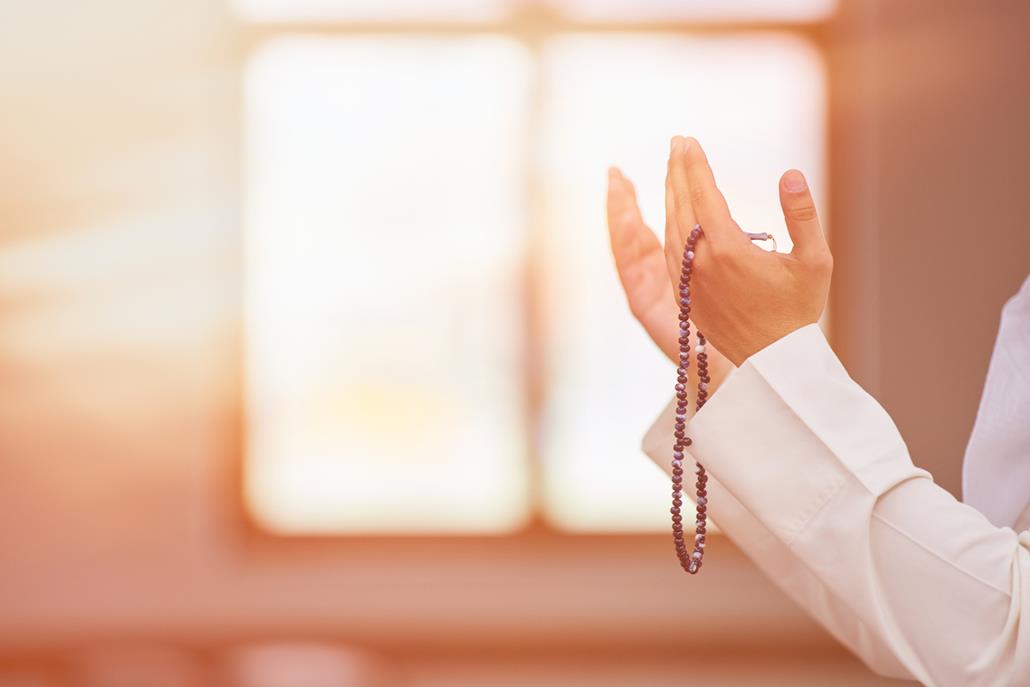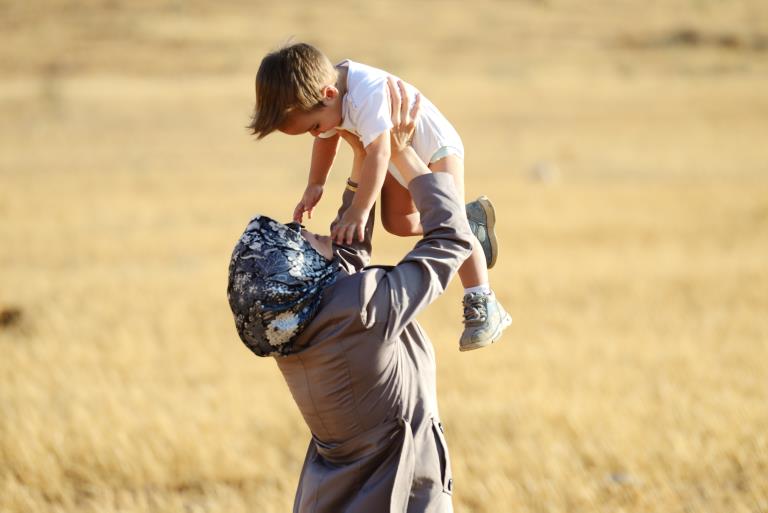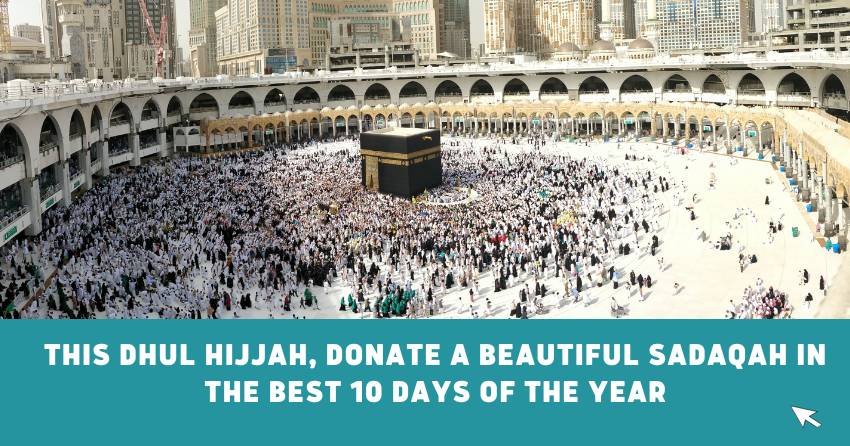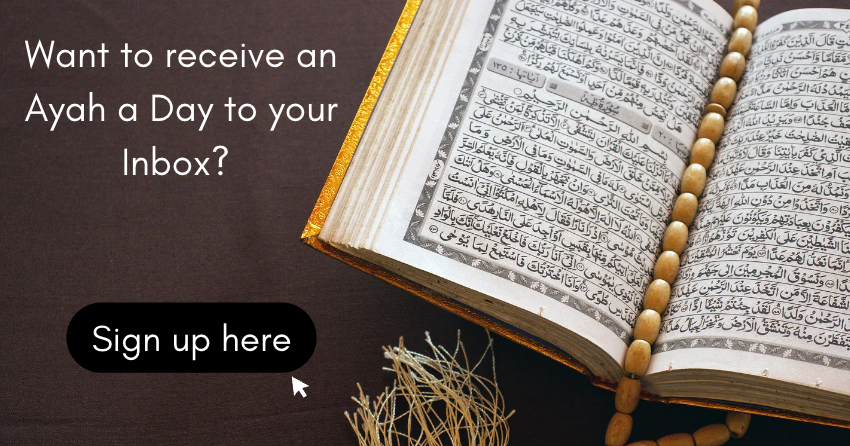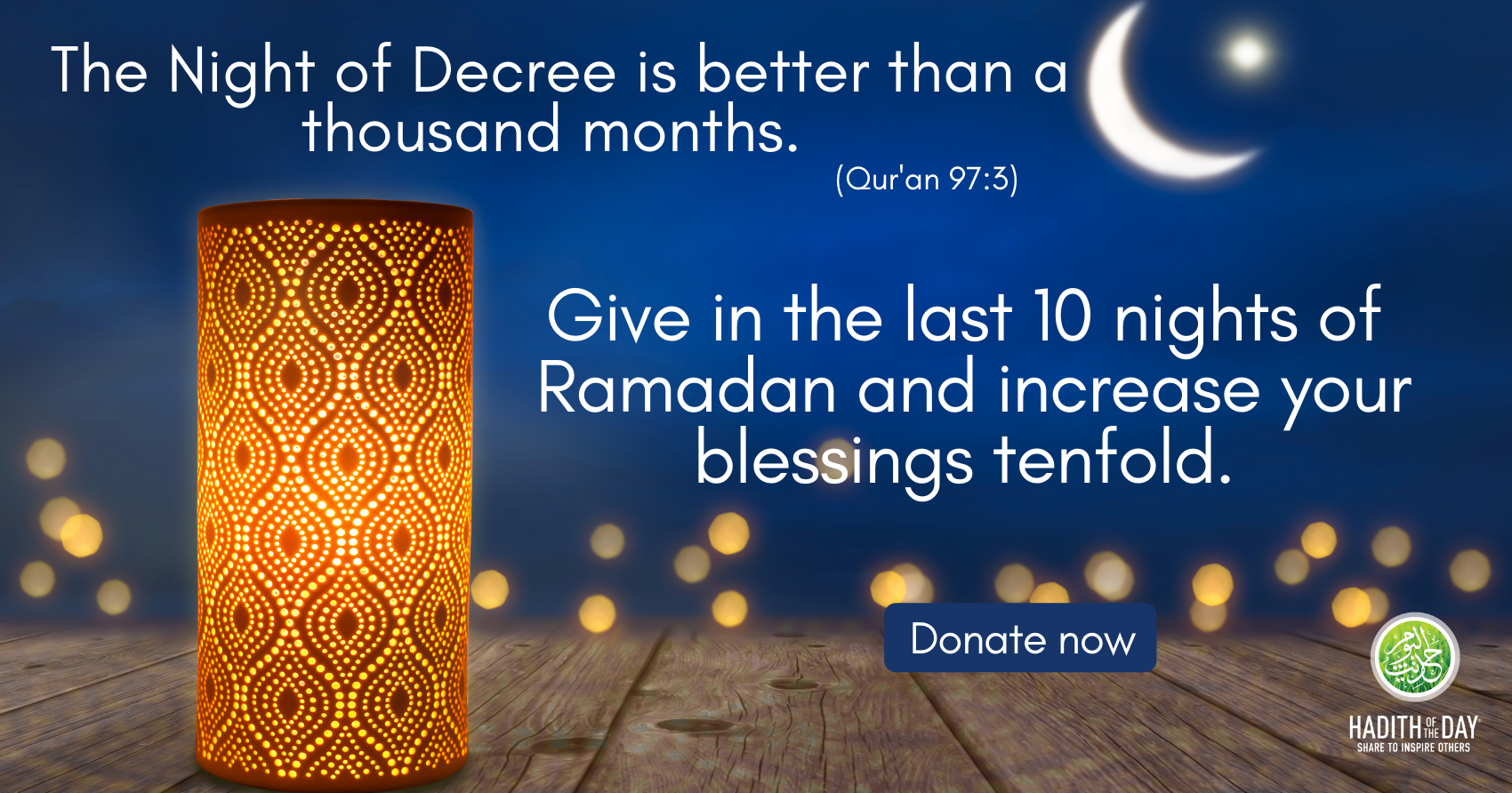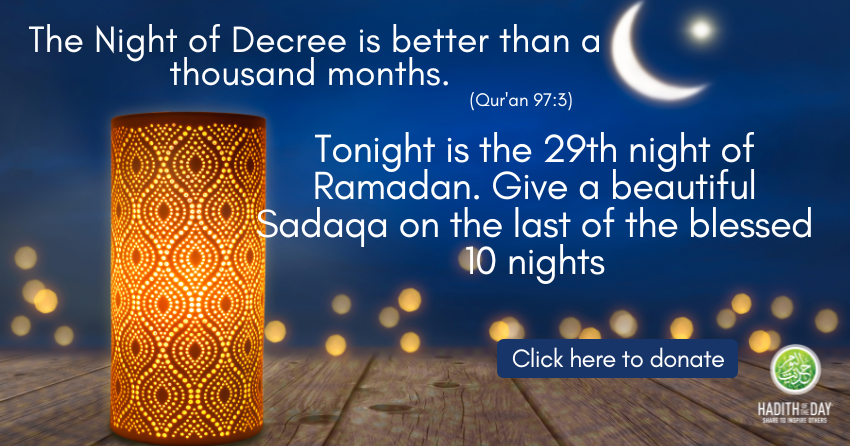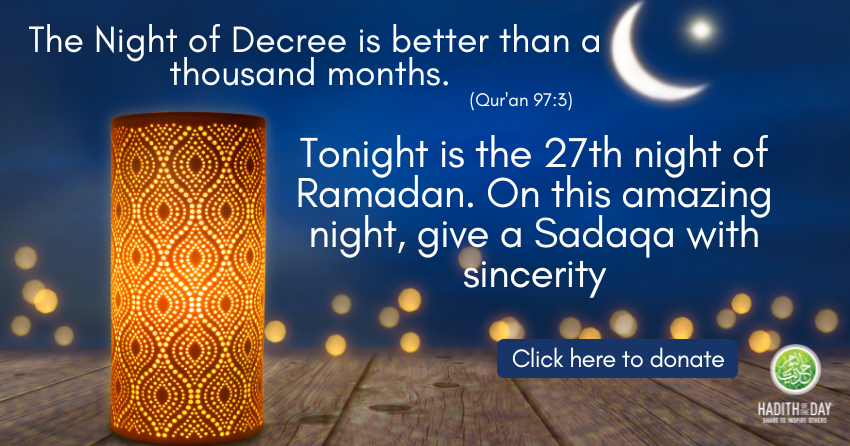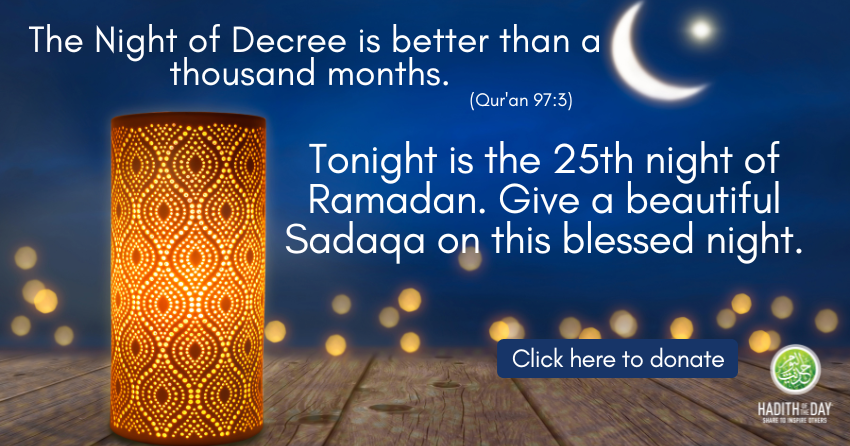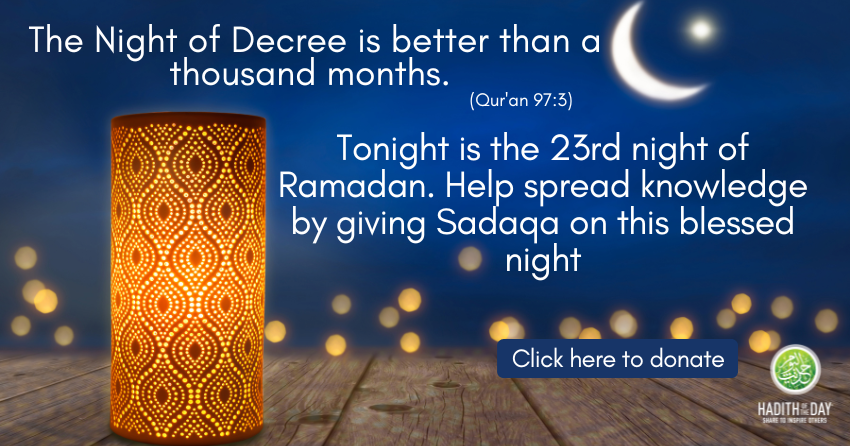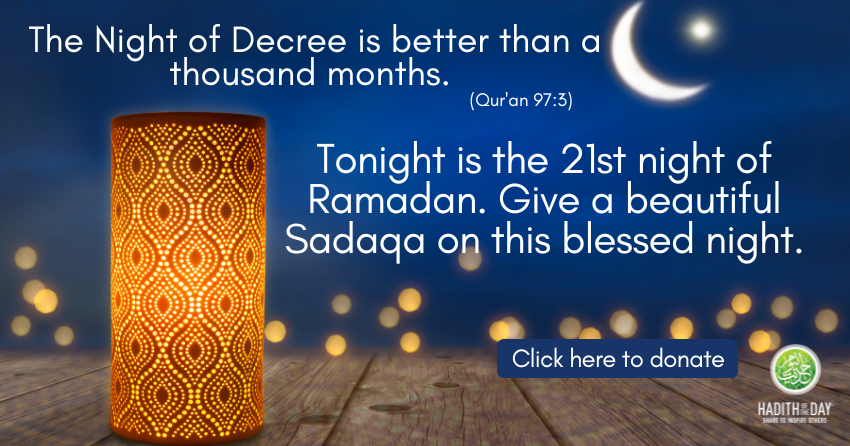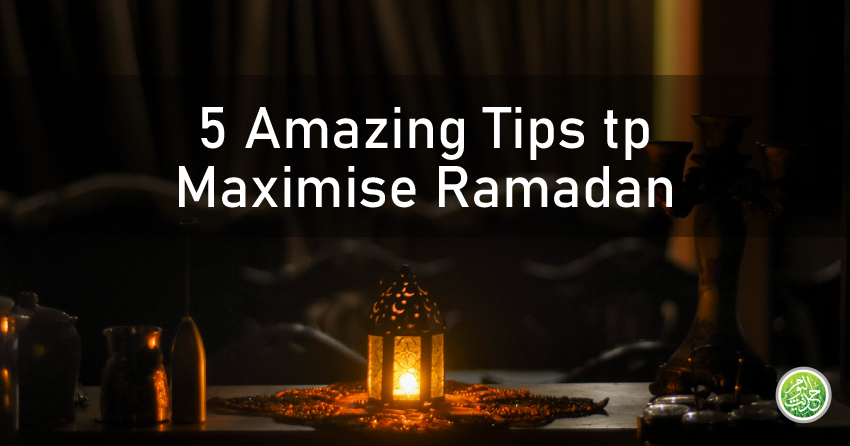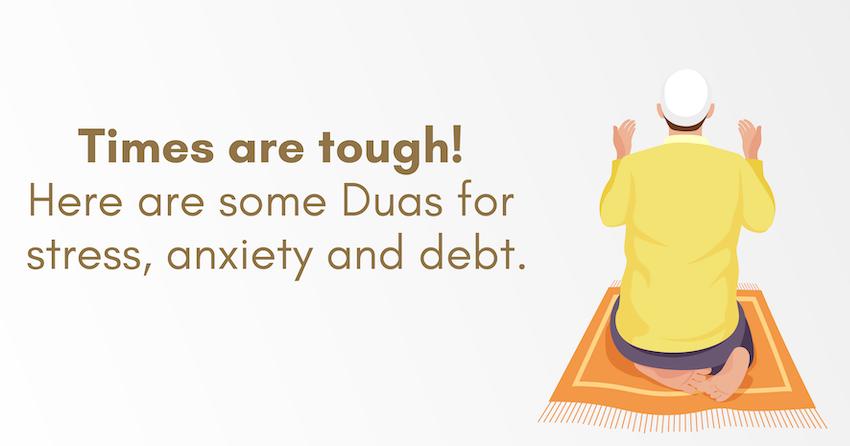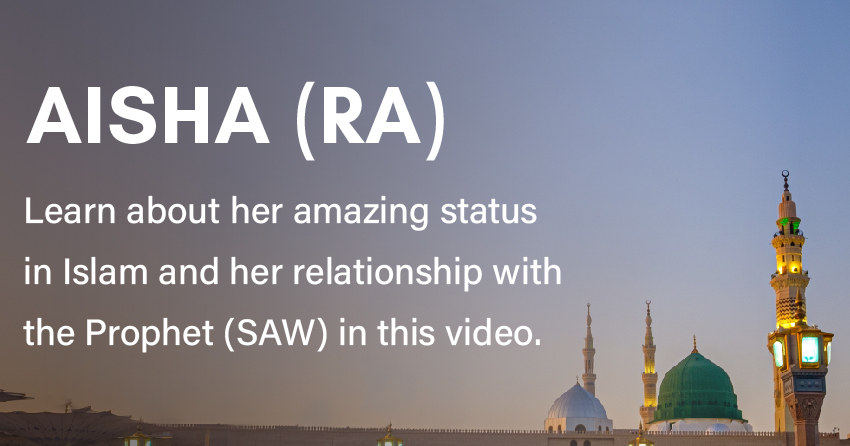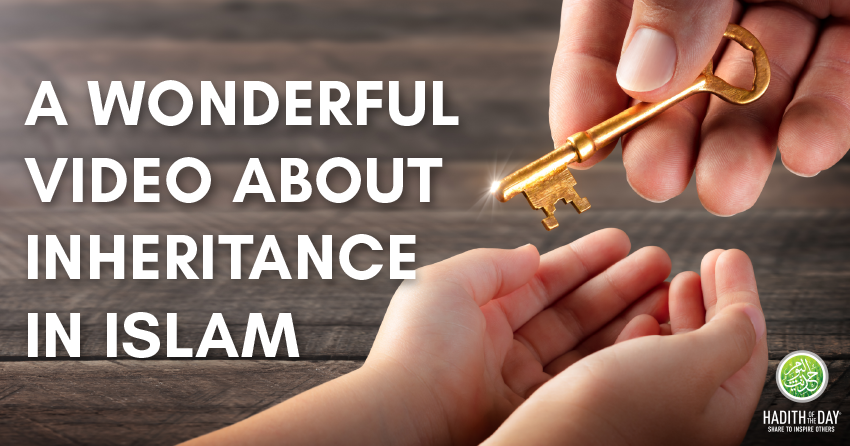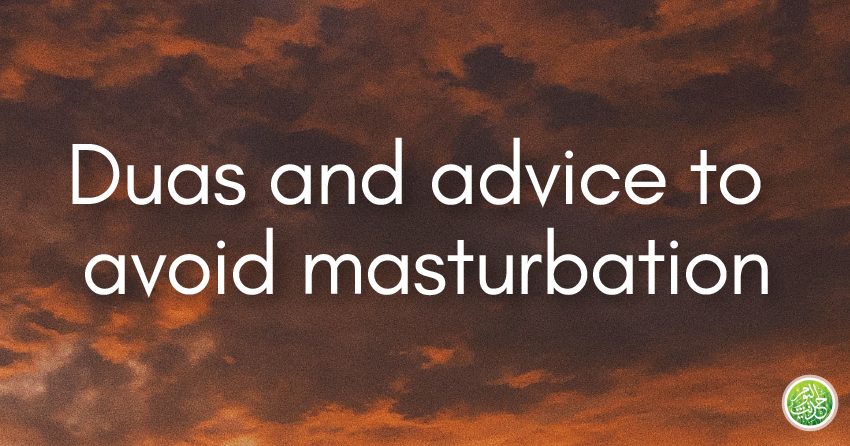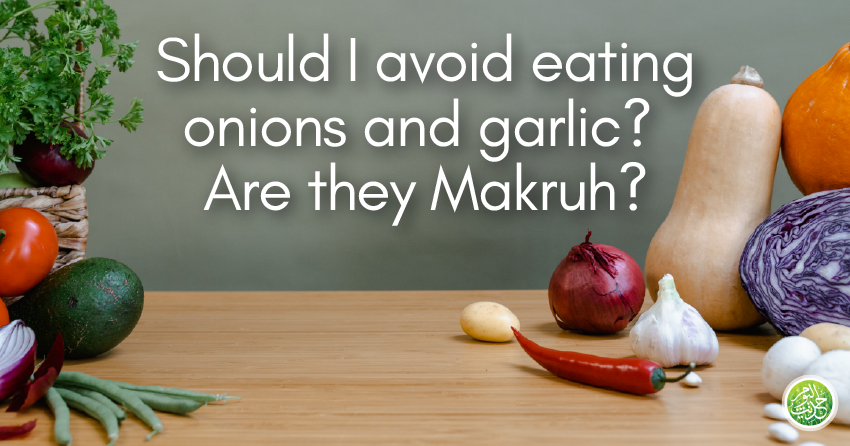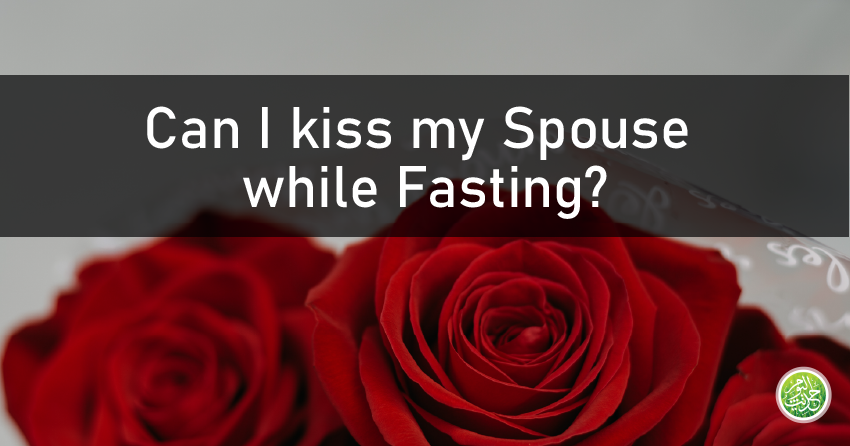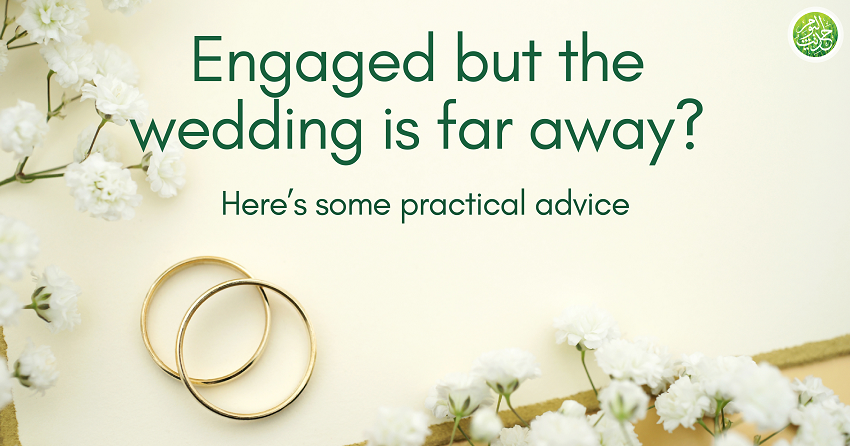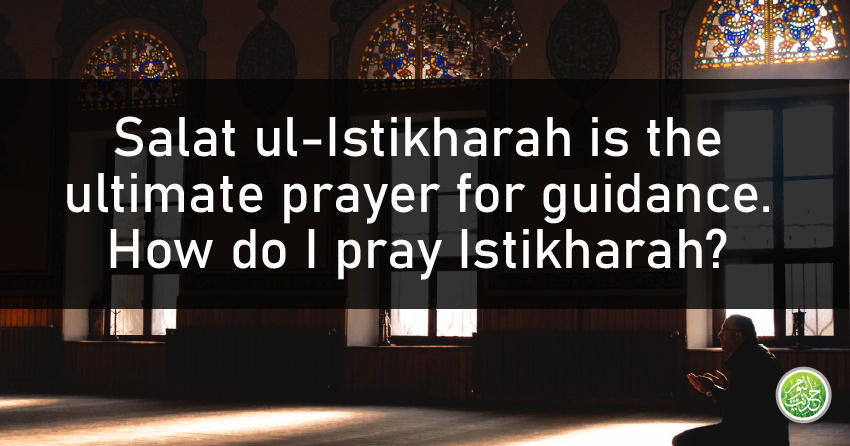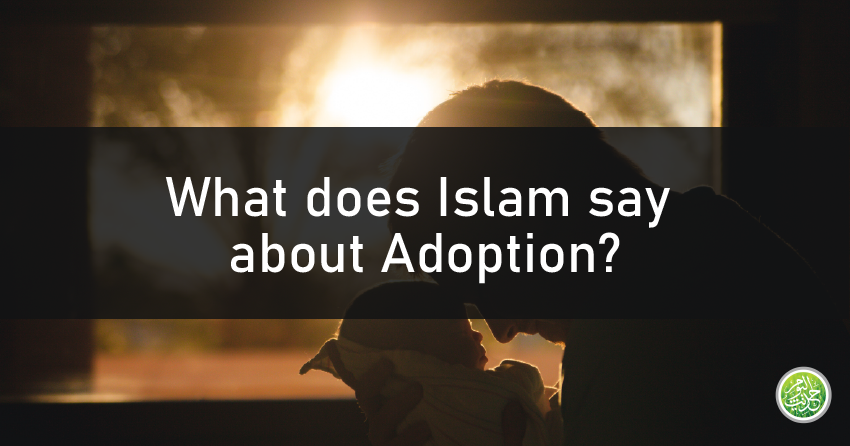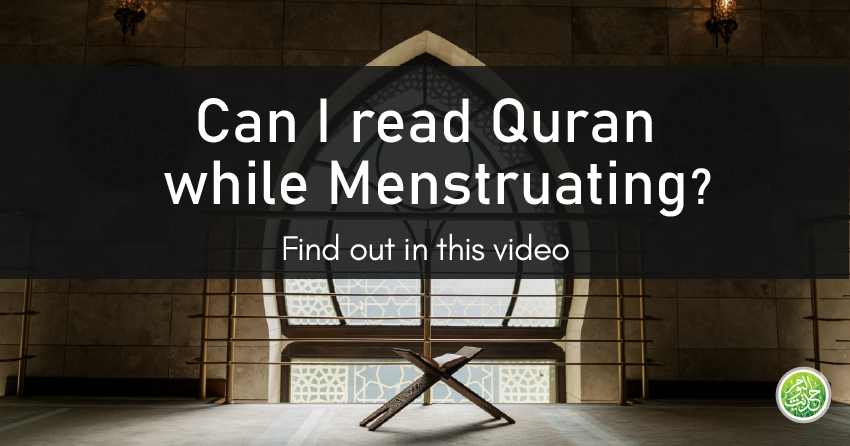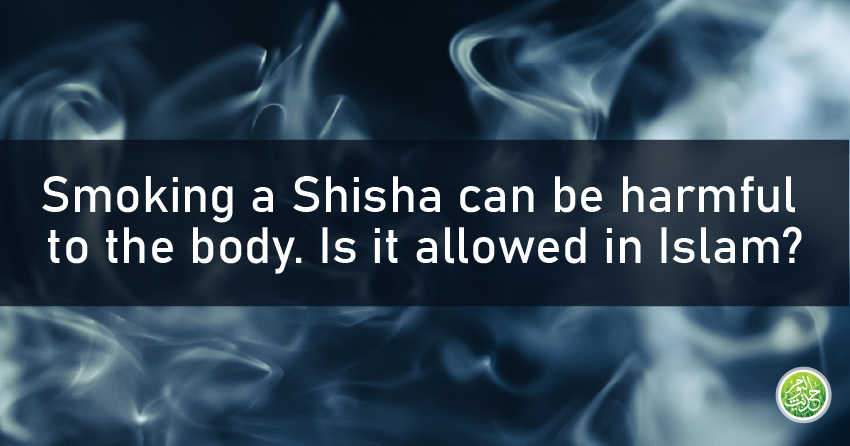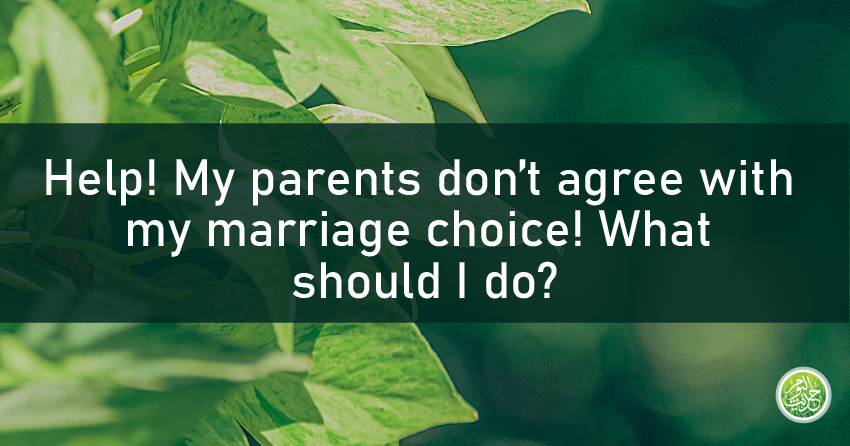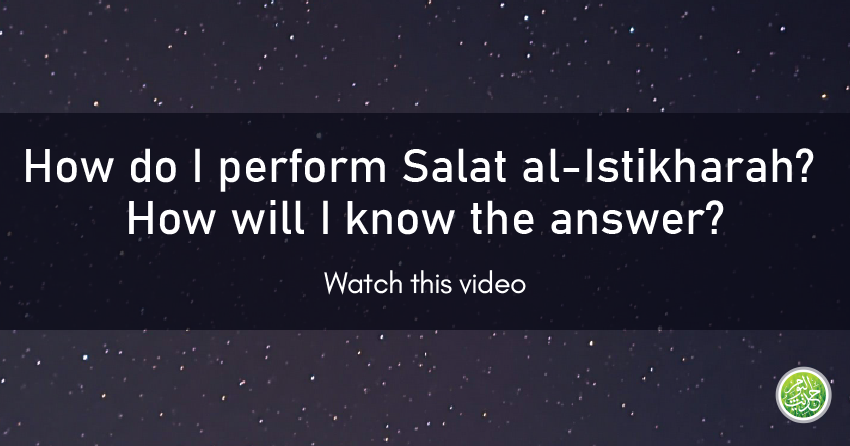Can You Tell Me More about Witr?

Answered by Shaykh Faraz Rabbani
Question:
1 & 2. Is witr prayer 3 rakah in a row? Or do you finish with two salams and then pray one separate?
3. I read that in the 3rd and 4th rakah of the obligatory prayer one can say Subhan Allah three times instead of reciting the fatiha?
4. What about Sunnah Prayers? Does the rule of the fatiha plus three ayahs apply or is it in Sunnah prayer that you can say three tasbih instead of Qur’anic recital?
5. What are Mu’akkadah Sunnahs according to the Hanafi madhab?
Answer: Bismillahir Rahmanir Raheem. Alhamdulillah was salatu was salamu ala sayyidina wa habibina wa rasulillah wa ala a’alihi wa as habihi wa atba’ai wa ahbabihi wa manu ala.
1 & 2. Is witr prayer 3 rakah in a row? Or you finish with two salams and then pray one separate?
In the Hanafi madhab, the witr prayer is a three rakah prayer which is structurally like the maghrib prayer. After two rakahs you sit, say the tashahud but after you say the tashahud you get up and you pray a third rakah. You do not say salam after 2 rakahs rather you get up and pray a third rakah.
However, in terms of recitation, it differs from the maghrib prayer in so far as you recite both the Fatiha and at least the equivalent of 3 short verses in the 3rd rakah as well. Having done that, having recited the Fatiha and some verses of the Quran, one says ‘Allahu Akbar’, just like one says in the beginning of the prayer and one does raise one’s hands here. So having said ‘Allahu Akbar’ one recites a short dua. This is called the “qunut”. There is a specific dua that is recommended which is as follows:
اَللَّهُمَّ إنا نَسْتَعِينُكَ وَنَسْتَغْفِرُكَ وَنُؤْمِنُ بِكَ وَنَتَوَكَّلُ عَلَيْكَ وَنُثْنِئْ عَلَيْكَ الخَيْرَ وَنَشْكُرُكَ وَلَا نَكْفُرُكَ وَنَخْلَعُ وَنَتْرُكُ مَنْ ئَّفْجُرُكَ اَللَّهُمَّ إِيَّاكَ نَعْبُدُ وَلَكَ نُصَلِّئ وَنَسْجُدُ وَإِلَيْكَ نَسْعأئ وَنَحْفِدُ وَنَرْجُو رَحْمَتَكَ وَنَخْشآئ عَذَابَكَ إِنَّ عَذَابَكَ بِالكُفَّارِ مُلْحَقٌ
It’s wajib in the Hanafi madhab to recite the qunut, but the obligation is fulfilled by any dua one says therein. So after having recited one says Allahu Akbar in the 3rd rakah, and then places one’s hands as one does when one recites. Then recite the qunut, which is fulfilled with any short dua, any dua that you know in Arabic would suffice. However, it is recommended to recite the specific dua of qunut. Therefore, take the means to learn it.
3. I read that in the 3rd and 4th rakah of the obligatory prayer one can say Subhan Allah three times instead of reciting the fatiha?
This is only in the obligatory prayer. Not in the wajib prayer such as witr, nor in any of the sunna or nafl prayers. In those prayers, one has to recite the Fatiha and a surah in each rakah. As for the obligatory prayer in the 3rd and 4th rakah, it is best to recite the Fatiha. But the ruling of reciting the Fatiha is that it is a sunna. The sunna is also fulfilled in the 3rd and 4th rakah of the fard prayer only, whether current or past performance, by reciting Subhan Allah 3 times. In fact, it is sub-optimally sufficient to simply remain silent. So if one wants to be careful, and the way of caution is best, one would recite the Fatiha but one would be fulfilling the sunna according to the Hanafi school if one simply says: ‘Subhan Allah, Subhan Allah, Subhan Allah.’
My teachers in Damascus said that even when one is making up prayers it is best that one still recite the Fatiha and there’s great reward in it. Because there is clear hadith that one’s past prayers will be judged just as one’s current prayers will be judged and they will be up for reward or punishment. So one does so in the best way. Also the benefit of doing so is that just in case something happened and one’s prayer was not valid according to the Hanafi madhab one would have covered all bases and one’s prayer will be valid according to other madhabs as well.
4. What about Sunnah Prayers? Does the rule of the fatiha plus three ayahs apply or is it in Sunnah prayer that you can say three tasbih instead of Qur’anic recital?
No. In all prayers that are not fard, whether they be a wajib (necessary) prayer such as witr, confirmed sunna prayers, or nafl prayers, in all such prayers one has to recite both the Fatiha and the equivalent of 3 short verses of the Quran in each rakah. Doing so is wajib.
5. What are Mu’akkadah Sunnahs according to the Hanafi madhab?
In short, the sunnas in the Hanafi madhab are:
2 rakahs before the obligatory Fajr prayer. This is the most strongly emphasized of the sunnas.
There are 4 rakah before the Zuhr prayer. It is not fulfilled by praying 2 rakahs which is in other madhabs. In the Hanafi madhab one has to pray 4 rakahs before the Zuhr prayer with one set of salams.
After the obligatory Zuhr prayer the sunna is 2 rakah.
There are no confirmed sunna prayers with the Asr prayer.
After Maghrib the confirmed sunna is 2 rakahs
After Isha the confirmed sunna is 2 rakahs
3 Rakas of Witr are wajib after Isha
Non-Confirmed Sunnas
With this there are non-confirmed sunnas which are recommended. They include:
4 rakahs after the Zuhr prayer. One can either include the 2 rakahs of the confirmed sunna or pray them separately.
Likewise, before Asr, it is recommended among the non-emphasized sunnas to pray 4 rakahs therein.
After Maghrib, it is recommended to pray 6 rakahs. It’s called the Awwabeen prayer. One can include the 2 rakahs of the sunna of the Maghrib in them or pray them separately.
Likewise, before Isha one can pray 4 rakahs or minimally 2. After Isha it is recommended to pray 4 rakahs and one can include the 2 confirmed sunna rakahs therein or pray them separately.
Faraz Rabbani
Proudly brought to you by Seekers Guidance, more can be found here.
Since You’re Here… we have a small favour to ask.
In these extraordinary times, millions rely on HOTD for daily uplifting & inspiring content. Established since 2009 and with your kind support we’ve seen readers elevate their Imaan & strive for better on a daily basis. We’re committed to keeping our content freely available and open for all readers. Every contribution, however big or small, makes a difference and help us spread knowledge to millions daily
HOTD is something special, it’s a place where people can come to be inspired, to renew their faith, to learn and share knowledge, to fall in love with our faith and also our Prophet (peace and blessings be upon him and his family).
All content on HOTD is free. We believe what we do in this life builds for the next one and we work tirelessly with the aim to please Allah and inspire the global Muslim community as
well as providing information and inspiration for anyone interested in Islam. We simply cannot do this without your support and your support helps us continue our services.
If there were ever a time to join us, it is now. You can support HOTD and help sustain our future. Support Hadith of the Day and make a one-off donation or give regularly from as little as £10 a month Jazak’Allah Khayr – whatever you donate will come back to benefit you Insha’Allah as whatever is spent in the way of Allah is an investment in the future and the next life. Thank you.



